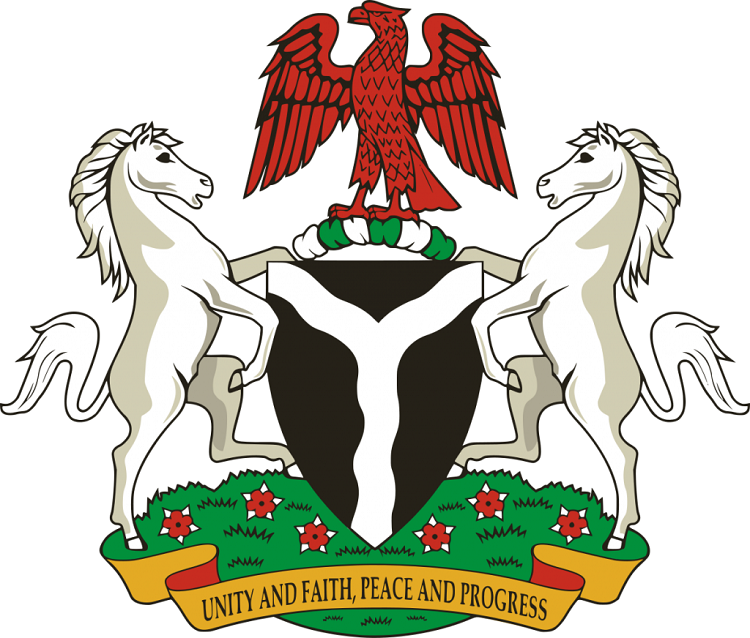Recently, President Mohammadu Buhari signed the thirty thousand naira new Minimum Wage Bill passed by the National Assembly into law. This, no doubt, amounts to increase in the recurrent expenditure profile of both the private and public organizations in Nigeria. Succinctly put, with this new arrangement, the wage bills of both the federal, states and local governments, will inch higher.
In fact, in a parley with some staff of the Anambra Broadcasting Service at his Aguleri residence recently, Governor Willie Obiano of Anambra state announced that the new minimum wage, which he promised to, as usual, be the first to implement, would gulp the state a whopping two additional billion naira. This is serious and is applicable to all the states and other tiers of government in Nigeria.
Therefore, what it translates to is the need for the federal government, the 36 state governments and the seven hundred and seventy-four councils in Nigeria as well as the private sector to look inwards on the diversification of their economies to reduce their dependence on federal allocations. This has become more urgent than ever. Report from the National Bureau of Statistics, NBS, shows that the 36 states received only two point five trillion naira for the twelve months, January to December, in 2018, compared to about two point seven billion shared in 2017.
The report further said that the sharp drop in revenue was aggravated by Nigeria’s inability to diversify its revenue base from oil, which currently accounts for about eighty percent of national income. This, the report said, is a precarious situation for the federal and state governments.
There was steady decline in national income last year. The impact of the declining allocations to states is already showing. Report showing the total allocation by each state in Nigeria from the federation account indicates that about fourteen states cannot survive without federal allocation. Currently, many state governments owe workers’ salaries and pensions with Kogi alleged to owe about thirty-eight months. This is in spite of the Federal Governments financial bailouts in the past two years.
On the other hand, the recklessness of some states in the management of their resources has put the states in the dilemma. However, reduction in global oil prices has now made diversification of the economy mandatory. It is regrettable that while oil and gas sector accounts for about ten percent of Gross Domestic Product in Nigeria, petroleum exports revenue represents almost 83 per cent of total exports revenue.
According to NBS, state governments generate only fifteen percent of their revenue and depend on federal allocations for sustenance. However, while it has become imperative for the states to look inwards on the diversification of their revenue bases, the current revenue sharing formula should be reviewed in favour of the states. The formula gives the Federal Government fifty-six percent, states, twenty-four percent and local government, twenty percent. This does not reflect the economic realities in the country. Besides, Sections three hundred and thirteen and three hundred and fifteen of the 1999 Constitution (as amended), call for periodic reviews of the sharing formula. The National Assembly should therefore intensify efforts to review the present structure.
Though the economic outlook of the country remains uncertain, the states’ debt profiles paint a grim picture of their borrowing pattern and inability to invest in productive sectors that could stimulate their economies.
Altogether, with Federal Government revenue profile not likely to get better soon, state governments in particular should adjust their spending to meet up with the new wage increase. The falling federal allocations should be a wake-up call to the states to rethink. It is time for them to think outside the box to boost their Internally Generated Revenues, not necessarily through tax increases but diversification of the economy.
Record shows that untapped mineral resources windows abound, while agriculture in some states is still left in the hands of subsistent farmers. All these have to stop for a better, happier and prosperous Nigeria.









Comments are closed for this post.